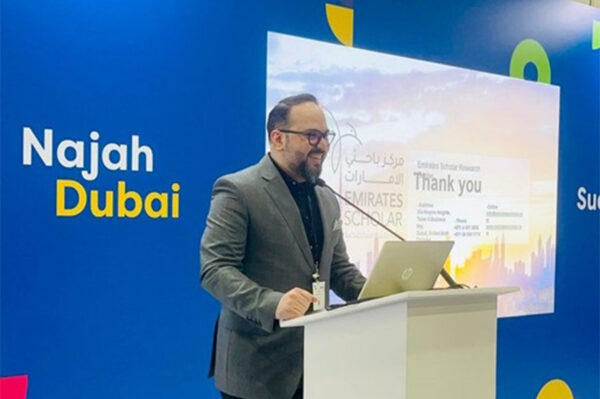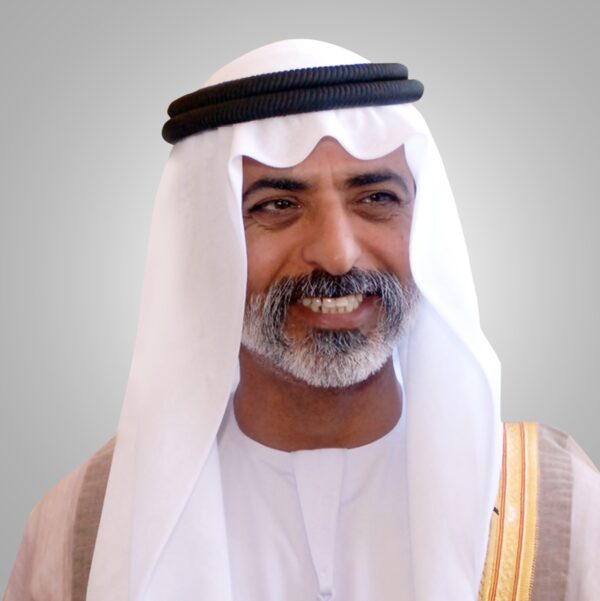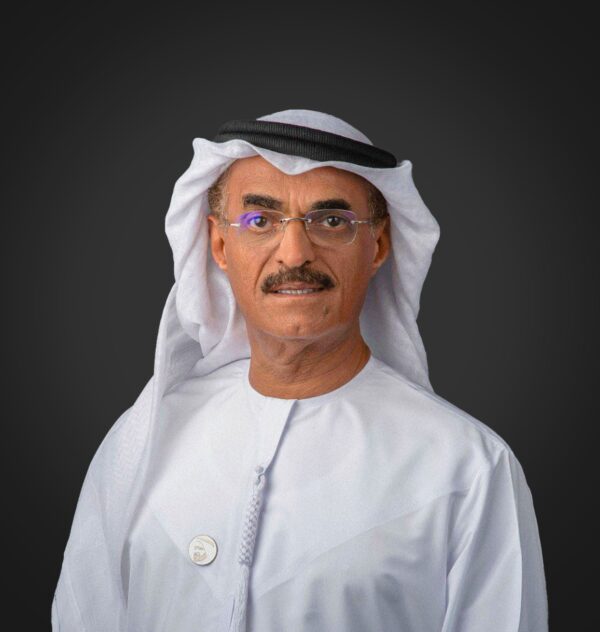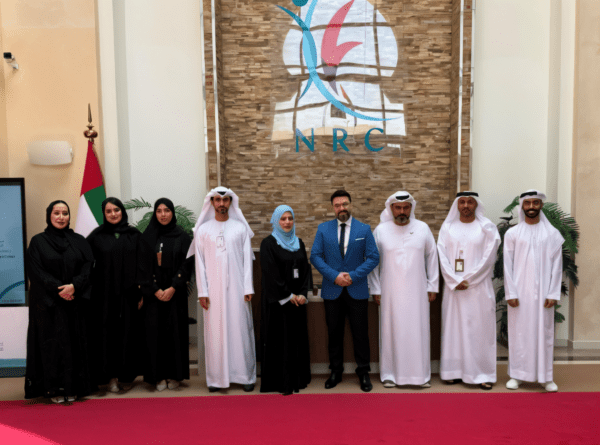When Sustainability Becomes the Core of Healthcare and Mental Well-Being By H.E. Dr. Abdulla Belhaif
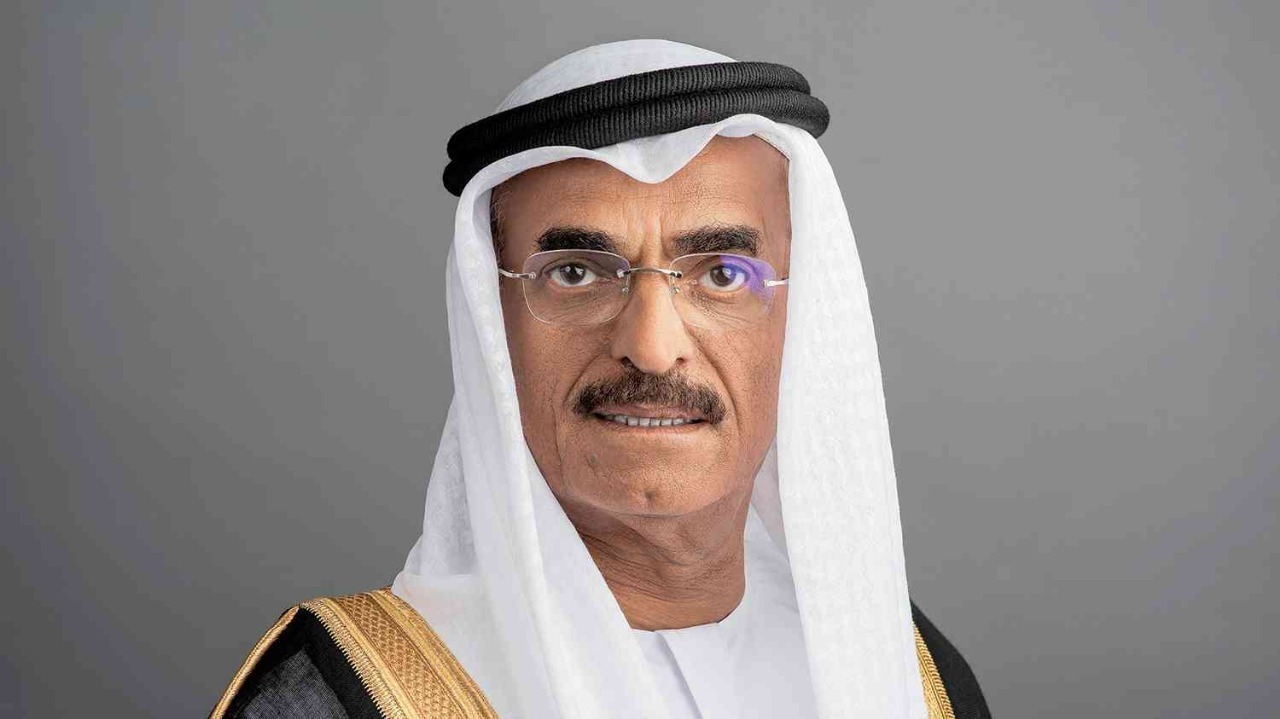
In a world where health and psychological challenges are rapidly evolving, it is no longer enough to simply treat symptoms or mend what is broken. We must redefine the very concept of “healing” to make it more holistic, more humane, and more deeply connected to the essence of sustainable development.
From this perspective, the Second International Forum on Psychiatry and Rehabilitation, hosted in Abu Dhabi, served as both an intellectual and practical platform linking healthcare with the Sustainable Development Goals (SDGs). It was not merely a medical conference, but an open invitation to rethink how we build health systems that treat the human being as a whole — body, mind, and spirit.
In my opening remarks, I emphasized that the path to advancing the quality of services lies not only in developing tools or expanding infrastructure, but in ensuring that every step we take preserves the core principles of sustainability. When we promote mental health, we fulfill Goal 3 of the SDGs: Good Health and Well-being. And when we design comprehensive rehabilitation programs that take into account the most vulnerable groups, we contribute to Goal 10: Reducing Inequalities.
According to the World Health Organization (WHO) 2025 data, more than one billion people worldwide live with mental disorders such as anxiety and depression, making these the second leading cause of long-term disability globally. Moreover, one in every 100 deaths is attributed to suicide, while the economic losses resulting from these disorders exceed one trillion dollars annually due to reduced productivity.
More importantly, this forum embodied Goal 17: Partnerships for the Goals. It brought together over 800 participants from 35 countries, representing medical, psychological, and academic institutions from across continents. The event showcased how international cooperation can become a tool for collective healing. Furthermore, Euro–Middle Eastern dialogues often lead to future joint projects that foster economic and social development while narrowing the gap between the Global North and South.
In this context, the United Arab Emirates stands as a pioneering model in building an integrated physical and mental healthcare infrastructure. In 2025, the Emirates Health Services (EHS) obtained international accreditation from the Commission on Accreditation of Rehabilitation Facilities (CARF), becoming the largest entity in the Middle East and North Africa to have the highest number of rehabilitation facilities accredited at once, a network comprising 16 international specialized health institutions. Additionally, 15 specialized mental health clinics were launched across six emirates, as part of a national and global initiative to enhance psychological well-being and expand access to specialized care.
These achievements reflect not only institutional progress but also the nation’s steadfast commitment to the Sustainable Development Goals, particularly Goal 3 (Good Health and Well-being) and Goal 10 (Reducing Inequalities). They represent tangible steps transforming the UAE’s national vision into a concrete reality, strengthening its position as a regional hub for excellence in mental health and rehabilitation services.
We must begin to reframe mental health and rehabilitation as an integral part of developmental policies, not as secondary or supplementary services. Societies that neglect mental health weaken their resilience, erode their social fabric, and jeopardize their economic stability.
It is time to treat mental health as a right, not a stigma, and to integrate rehabilitation into the frameworks of urban planning, education, employment, and technology. Sustainable care is not built in clinics alone, it is built through policies, homes, schools, and every space that values the human being. With its forward-thinking vision, social institutions, and dynamic private sector, Abu Dhabi was not merely the host of this forum, but a partner in shaping a new global narrative, one that views healing as a pathway to development and development as a means of preserving human dignity.
Also read: Emirates Scholar joined Geo-Governance Summit Middle East 2025


